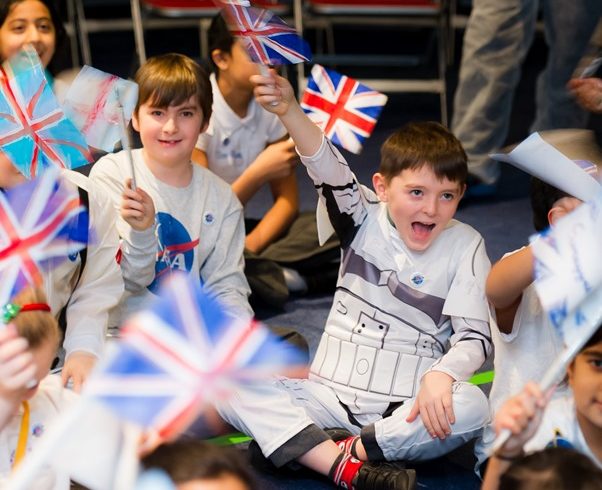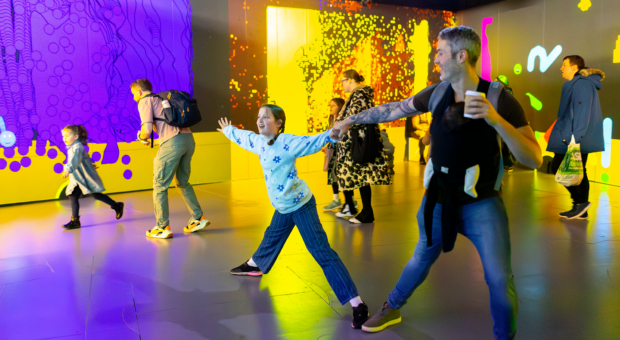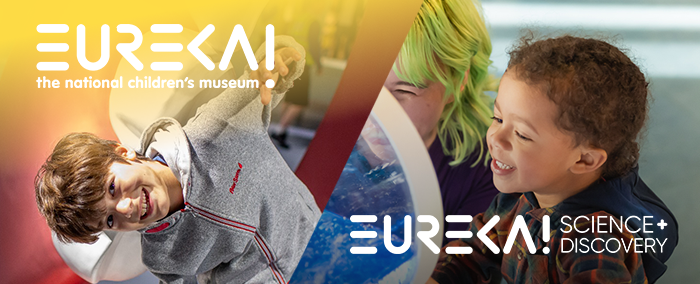British European Space Agency astronaut Tim Peake launched on 15 December 2015 for his 6 month Principia mission where he’ll be carrying out all manner of scientific experiments.
Whilst Tim isn’t the first Britain in space – that accolade goes to Dr Helen Sharman OBE who went to the Russian space station Mir in 1991 – he is the first British astronaut whose mission is supported by the British government and the first Brit on board the ISS. So the UK Space Agency is using Tim and his mission to raise the profile of space and to inspire children to take a greater interest in science, technology, engineering and maths (STEM) and perhaps become the space scientists and astronauts of the future.
And it certainly seems to be working. As well as actively supporting the education programmes taking place on Earth, Tim is using the power of social media to engage with children and adults alike, regularly posting images and video of himself at work on the ISS. It’s great that his mission is inspiring a new generation. We perhaps haven’t seen this level of interest in space exploration since the Apollo missions. But why is it so important that children are encouraged to take an interest in STEM based subjects?
It’s been well reported that gaining STEM qualifications opens doors and increases a young person’s chances of finding and retaining work in the future and pretty well paid work at that. But according to a 2014 report from the Association of Science & Discovery Centres, businesses across the UK are already reporting STEM skills shortages and the UK’s future economic success and growth depends on us building a “world-leading knowledge intensive economy underpinned by an exceptional, skilled STEM workforce”.
One of those sectors looking to increase its workforce is the UK space industry which currently employs around 37,000 people with 100,000 more planned by 2030. But working in the space industry isn’t just about being an astronaut. For every astronaut there are thousands of people working hard behind the scenes to make the mission a success and that’s what programmes like ‘Destination Space’ are aiming to show.
Eureka! is one of 20 science and discovery centres across the UK delivering the Destination Space programme which has been funded by the UK Space Agency and is designed to inspire curiosity and young minds with the wonders of human spaceflight, and to promote the importance of the STEM skills that make spaceflight possible. With events for both families and schools the programme allows them to find out about the team behind Tim and his mission, as well as providing an insight into some of the science and technology needed to travel to, live on and return from the International Space Station.
Destination Space activities for families will run at Eureka! on selected dates until 13 March with special events for Brownies and Guides planned for later in the year. Almost the whole nation has become fascinated with Tim Peake and we hope that some of our younger visitors inspired by Tim’s mission could be the space scientists, engineers, mission planners and maybe even astronauts of tomorrow.
For further information visit the Destination Space website and the Principia Website.
This blog originally appeared as a column in the Halifax Courier.




 By: Sophie Ballinger
By: Sophie Ballinger

